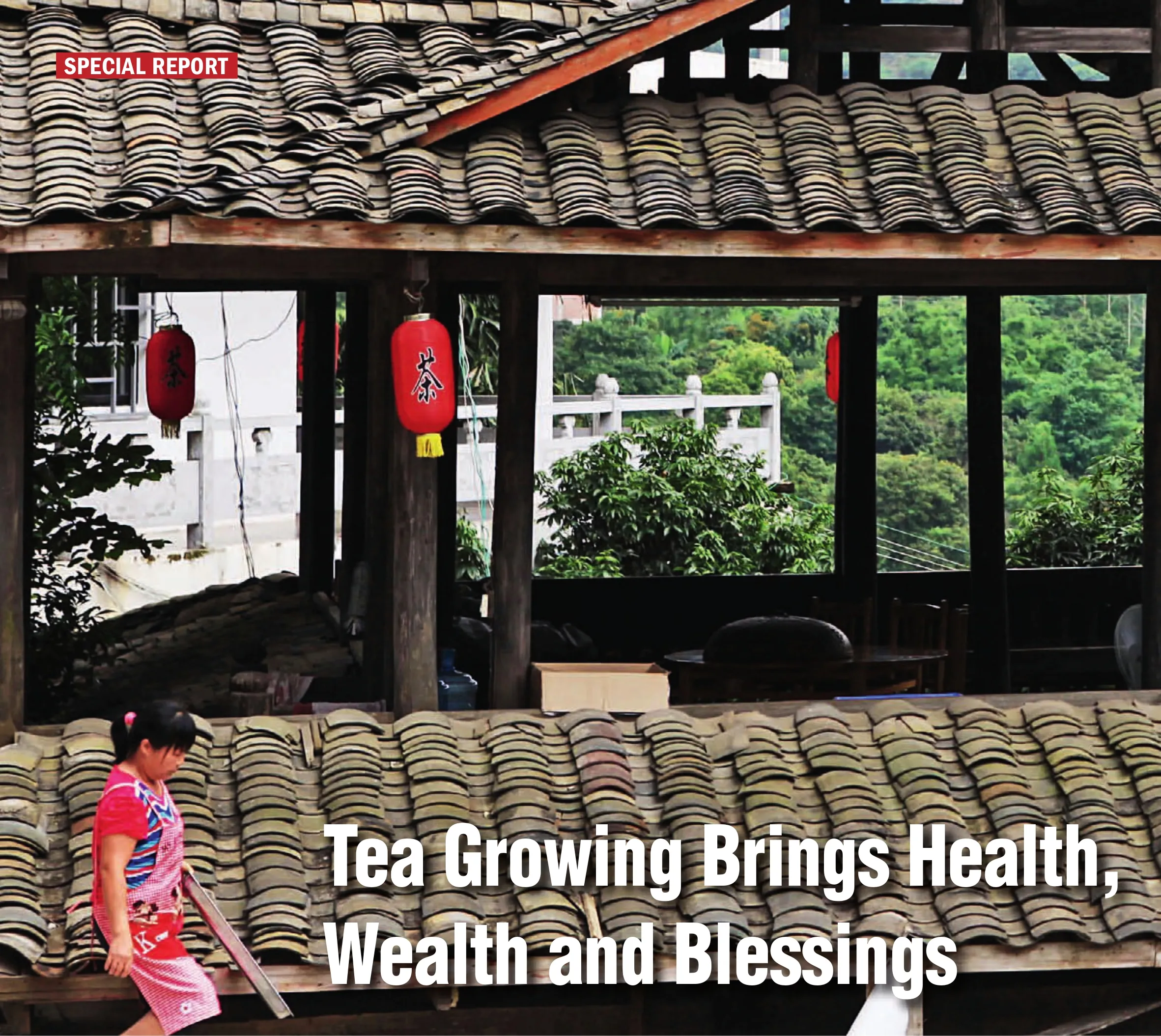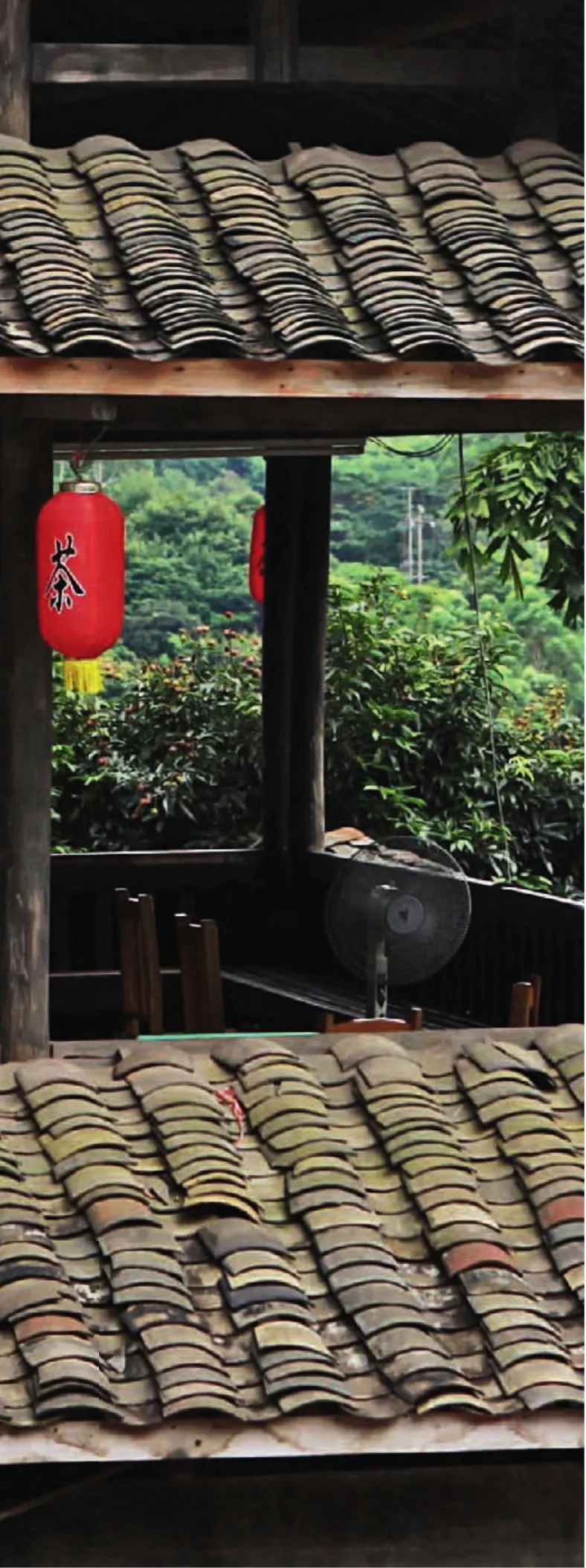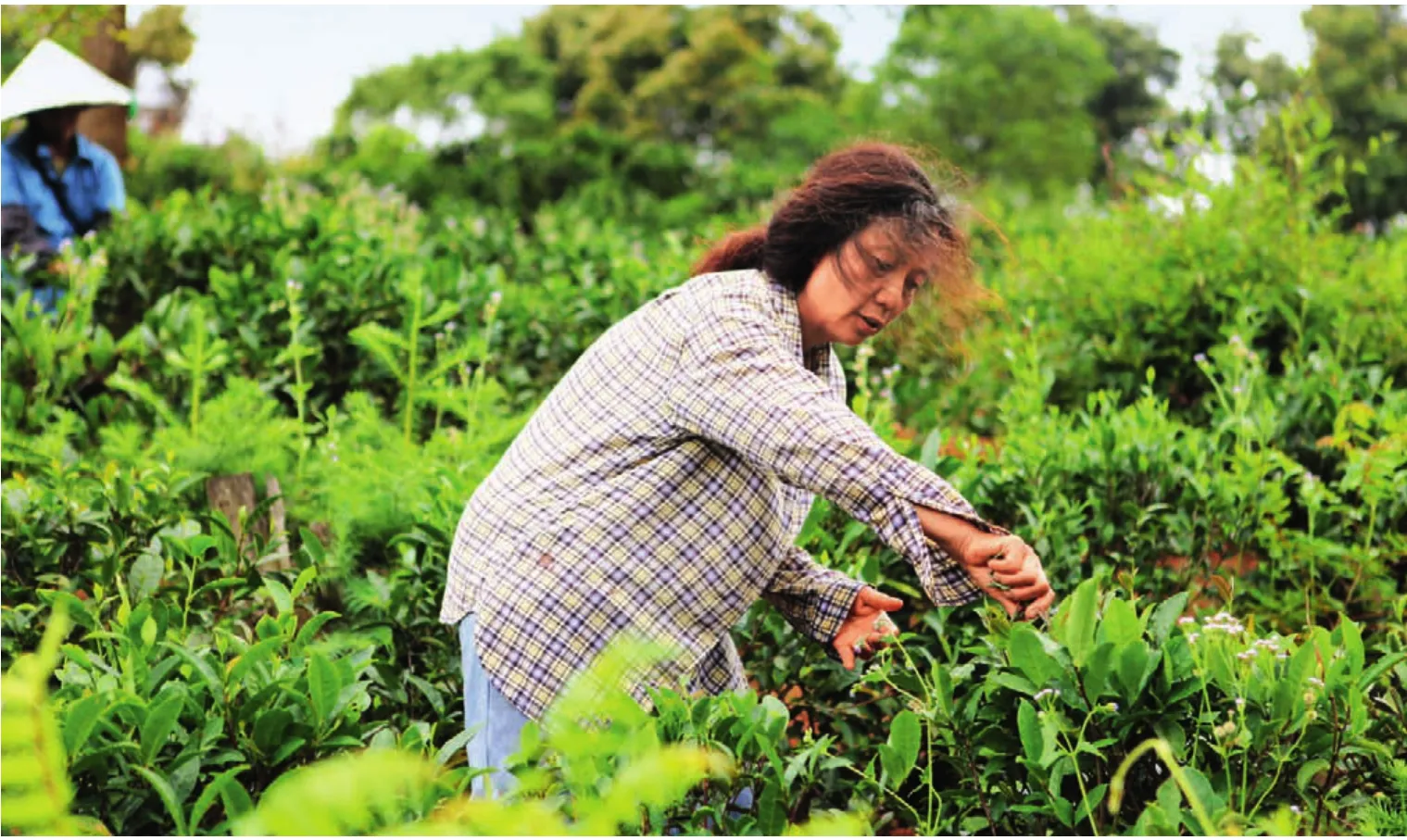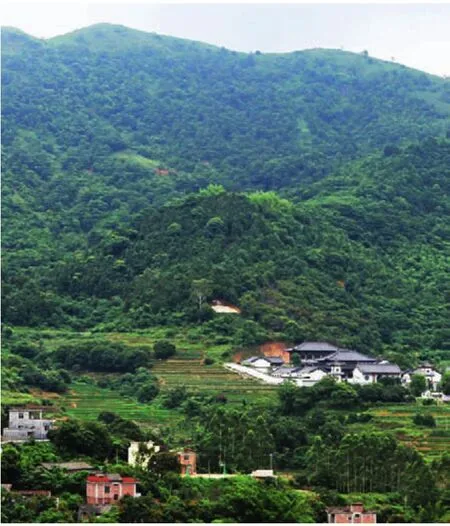Tea Growing Brings Health, Wealth and Blessings
By NONG JIAN
Tea Growing Brings Health, Wealth and Blessings
By NONG JIAN

Locals in Baohua Village dabble in agritainment business.
X IE Yu is an entrepreneur who could be mistaken for a farmer. In 1997, Xie and his wife started growing tea on Baohua Mountain, in Guangxi Zhuang Autonomous Region’s Hengxian County. Since then, the couple’s days have been devoted to cultivating tea trees, picking tea leaves and manufacturing tea.
Baohua Mountain is an ideal location for a tea farm, besides being a tourist attraction. At an elevation of 564 meters, of the late 1970s. But they had always longed for an idyllic life, rather than a busy urban existence. A growing number of city dwellers today daydream of vacationing in the countryside, and some have decided to relocate, just like Xie and his wife.
It turns out that living in the mountains would give Xie not only good health but also new business success. The organic tea that he produces –which carries the brand Shengzhong, or “emperor’s tea” – is popular in the market. His farm has also become one of the most popular scenic spots in the area.
Baohua Mountain is two hours by car the cloud-covered mountain gets plenty of rainfall. For centuries, the morning mist that shrouds Baohua has been one of the most renowned sights in Hengxian County. Baohua Village, situated on the mountainside, features colorful houses that dot the lush greenery.
“My wife and I wanted some fresh air and peace. We really liked the beautiful Baohua Mountain and the peaceful village,” Xie said, when explaining why they decided to move to the countryside.
The couple had been living comfortably in the city, having financially benefited from China’s economic reformsfrom Nanning, capital of Guangxi. Land travel has become faster in recent years, since the mountain roads have been widened. Hengxian County, the gateway to Baohua Mountain, is called “the land of jasmine” due to its vast jasmine fields. From April to October each year, the flowers bloom all over the county, and their delicate scent permeates the air.

Last year, Xie and his wife moved into a big, new home amid their tea plants. The white building, surrounded by greenery, has become a new landmark on Baohua Mountain.
Baohua is seeing increasingly more visitors, which makes Xie even busier. He has opened his home to tourists. There they can taste local food and enjoy being close to the clouds. They can pick tea leaves on Xie’s farm, hike to Baohua’s peak, or play basketball with the villagers. Visitors can also visit the local Buddhist temple, and listen to the ringing of the morning bell and the beating of the evening drum. It is said that Emperor Jianwen of the Ming Dynasty (1368-1644) escaped to this area after he lost the throne, and often looked into the distance towards the capital.

Xie Yu’s wife enjoys her bucolic life.
TEa grOwErS
Last year, Xie and his wife moved into a big, new home amid their tea plants. The white building, surrounded by greenery, has become a new landmark on Baohua Mountain.

It is said that Emperor Jianwen of the Ming Dynasty (1368-1644) escaped to a temple near Baohua Village after being deposed.
Local life has changed with the growth of Xie’s tea business. In the past, villagers left their parents and children behind to earn a living in big cities. Now, they can find work with Xie. Jiang Huzong, for instance, leases his land to Xie and also works in his home and farm. Many others have done the same, giving them the opportunity to spend more time with their families after work.
Similar changes are taking place in rural areas all over China, where people not only work hard but also enjoy the important things in life.
NONG JIAN is a staff member of the Human
Resources Service Administrative Office of Nanning, Guangxi Zhuang Autonomous Region.

